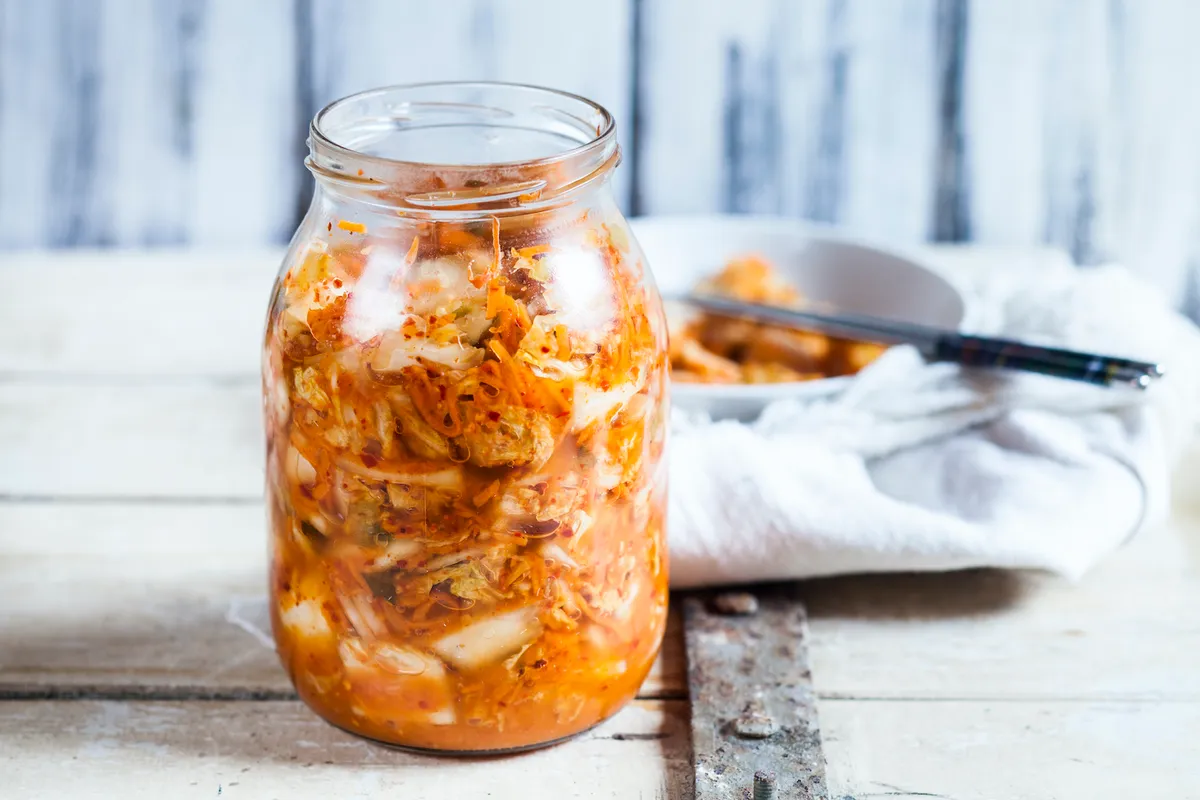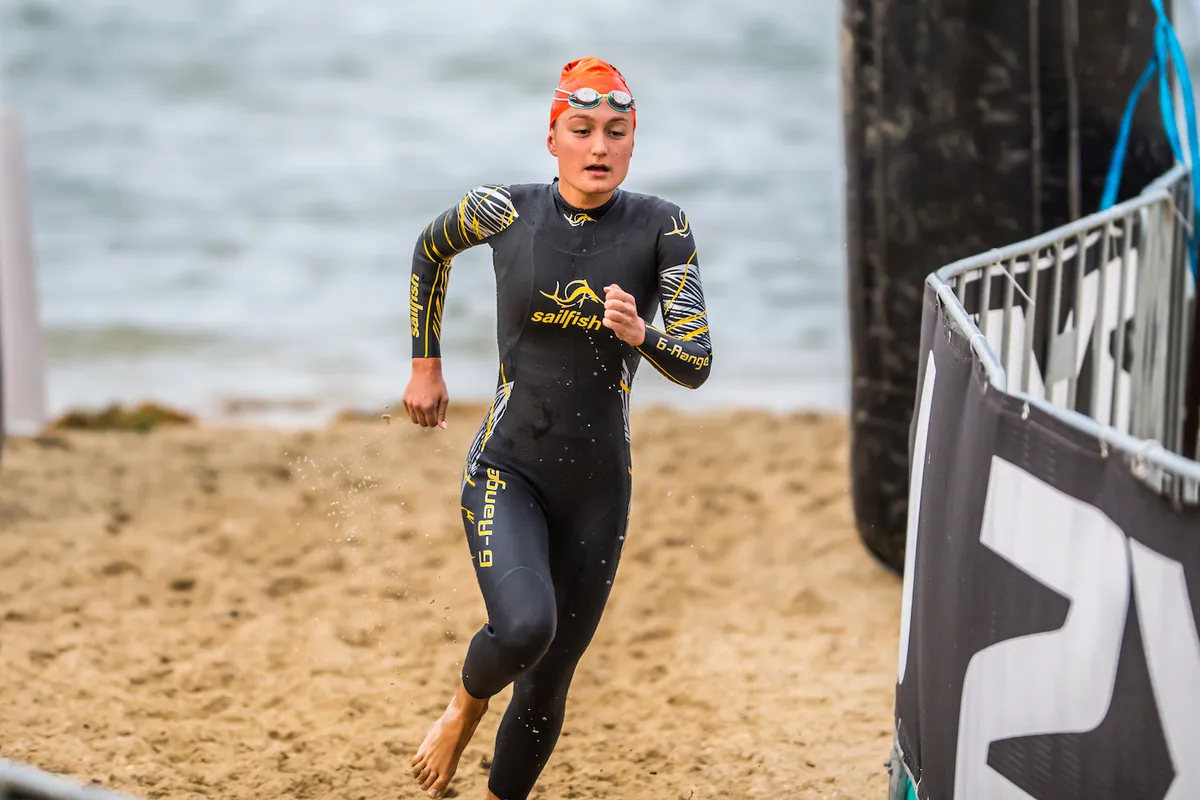Probiotics have been a hot topic for some time now and researchers are especially interested in the impact they might have on athletic performance. Sports nutritionist Rob Hobson from Healthspan Elite explains more.
What is the gut microbiome?
To talk about probiotics, you first need to understand the microbiome. This term refers to the collection of microbes that live in and on our body, of which there are around 100 trillion, most of which are found in the gut. An army of microbes, including bacteria, colonise the body even before birth, forming a protective barrier that defends against foreign invaders harmful to our health.
Bacteria in the gut help digest and utilise antioxidant polyphenols that have been shown to protect the body against disease. These bacteria also synthesise vitamins such as B12, D, folic acid, and thiamine. Your microbiome is like a fingerprint and is unique to you, reacting to the world around you and within you, which dictates its composition.
Does the microbiome of an athlete differ?
Athletes have varying gut microbiota compositions that relate to their activity level compared to those who do a little exercise. These differences appear to be linked primarily to the training volume and amount of protein an athlete consumes. Whether these differences in gut microbiota composition affect the efficacy of probiotics is still unknown.
What are probiotics?
Probiotics are live microorganisms often termed 'healthy bacteria' that offer a positive health benefit when taken in adequate amounts. The use of probiotics has been linked to many different health benefits; gut and immune health are the most widely researched applications.
Probiotic supplements often contain many different strains, and the combination varies between a brand and products within their range. Well researched strains include those from the Lactobacillus and Bifidobacterium family.
For example, bacterial strains such as Lactobacillus rhamnosus and Lactobacillus casei have been widely studied to prevent and reduce the severity of travellers' diarrhoea1.
A lot of the research regarding athlete health is particular to individual strains of bacteria. This contributes to the heterogeneity of studies in this area as researchers use different strains when exploring areas such as performance, making comparisons between studies tricky.
Are probiotics found in food?

Live yoghurt is the most well-known probiotic food and contains strains such as Lactobacillus acidophilus and Lactobacillus casei.
Similar strains are also found in yoghurt 'shot' drinks that have become very popular. Fermented foods such as kimchi, kefir and miso also contain strains of bacteria that can support good gut health.
It’s worth mentioning prebiotics, which are the indigestible fibres fermented by gut bacteria producing short chain fatty acids supplying energy to the cells of your colon while also helping them flourish. Prebiotics can be found in onions, garlic, leeks, asparagus, bananas and barley.
Do probiotics help improve sporting performance?
The current consensus regarding sports performance is that probiotics do not appear to improve sports performance directly. This comes from research exploring supplement use on performance outcomes such as VO2 max, training duration and intensity, and peak power.
Some studies have used single probiotic strain interventions. For example, in a 16-week study investigating the effect of Lactobacillus fermentum VRI-003 on the immunity of 20 elite male distance runners, measures of performance (which included training duration, intensity, and VO2 max) did not change significantly2.
Other research has used multi-strain probiotics on aerobic performance. For instance, 14 weeks of a multi-species probiotic in endurance-trained men did not affect VO2 max and maximum performance3.
In a study designed to determine the effects of 30 days of supplementation with a 14-strain probiotic at rest and in response to an acute bout of prolonged cycling exercise for two hours at 60% VO2 max in 11 active, healthy adults, there was no significant change in the rating of perceived exertion and heart rate4.
This said, secondary health benefits of probiotics, which include enhanced recovery from fatigue, improved immune function and the maintenance of a healthy gut, can improve general wellbeing, which then, in turn, could improve performance.
Can probiotics improve immunity?
This appears to be the focus behind much of the recognised use of probiotics amongst athletes. Endurance athletes, in particular, are more prone to upper respiratory tract infections (URTI) and digestive issues.
As a result of timely and strenuous training sessions, these athletes are at greater risk of immunosuppression. This can leave athletes at greater risk of infections and should concern those traveling overseas to compete.
In terms of URTI, several well-designed clinical trials investigated the effects of probiotics in athletes. They showed how supplementation might lead to fewer days and reduced severity of URTI5.
Advice to athletes suspected to be immunosuppressed due to their heavy training schedule is to consider probiotic supplements. It may be beneficial to take a course a couple of weeks before travelling overseas for a competition.
Can probiotics help improve gut permeability?

Research supports the idea that endurance athletes are more susceptible to increased gut permeability. This is where the intestinal lining becomes porous or 'leaky.' This may be due to the increased stress on the body, altering blood flow away from the gut towards working muscles.
The result is GI issues such as diarrhoea, which are common among these athletes and can diminish an athlete's performance.
Pumpa KL et al. (2019) showed no effect on GI incidence and severity was reported after six-week probiotic supplementation in elite rugby union players2; however, supplementing runners for four weeks before a marathon race with probiotics was shown to reduce resting GI symptoms and severity according to research published in the European Journal of Applied Physiology6.
While athletes may be more susceptible to GI problems than healthy moderately-trained, or sedentary adults not exposed to intense training conditions, they might benefit considerably from probiotics7 (such as Elite’s All Blacks Multi-Strain Pro20 Biotic).
Can probiotics improve the bioavailability of nutrients in food?
Another area of interest is the impact of probiotics on nutrient absorption. The primary function of the gut is to digest food and absorb nutrients. Still, probiotics in the diet may help increase the bioavailability of nutrients from food.
In athletic populations, specific probiotic strains can increase the absorption of key nutrients such as amino acids from protein and affect the pharmacology and physiological properties of multiple food components8.
Probiotics may well be of benefit to athletes and, in particular, endurance athletes. The main benefit seems to lie in immunity, and it also seems the impact on overall health and wellbeing has a secondary effect on performance rather than directly influencing it.
References
1. https://www.ncbi.nlm.nih.gov/pmc/articles/PMC6232657/
2. https://pubmed.ncbi.nlm.nih.gov/31006545/
3. https://pubmed.ncbi.nlm.nih.gov/21411836/
4. https://pubmed.ncbi.nlm.nih.gov/18273409/
5. https://pubmed.ncbi.nlm.nih.gov/35284446/
6. https://pubmed.ncbi.nlm.nih.gov/30982100/
Top image credit: Pablo Blazquez Dominguez/Getty Images
